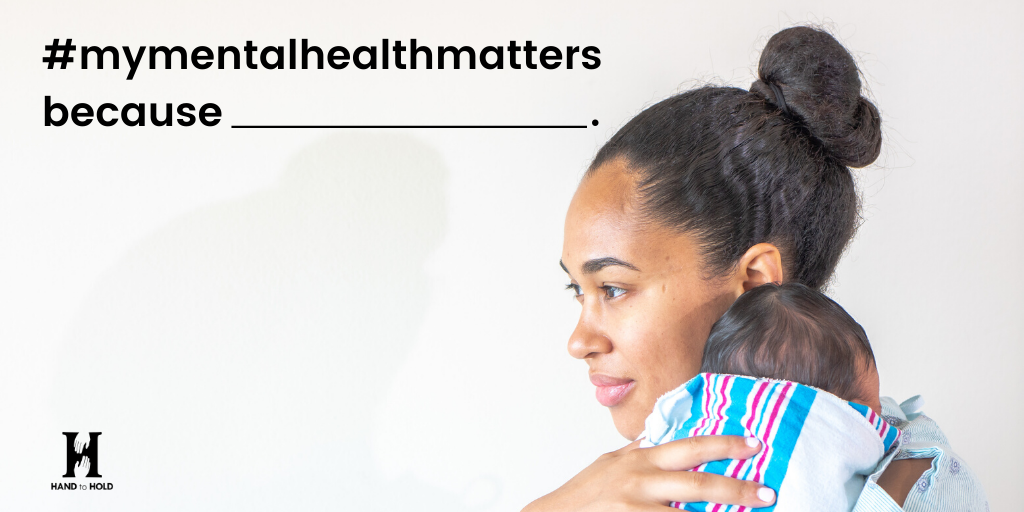 If your baby is in the NICU, you probably feel stressed, overwhelmed and worried about your baby’s health – among many other issues. Most parents are so focused on their babies—understandably so—they forget about themselves and their own emotional well-being.
If your baby is in the NICU, you probably feel stressed, overwhelmed and worried about your baby’s health – among many other issues. Most parents are so focused on their babies—understandably so—they forget about themselves and their own emotional well-being.
I’m sure you’ve heard that you must first take care of yourself before you can take care of your children. This is true, but how on earth are you supposed to find the time and energy to de-stress and calm your anxiety when you are in such a stressful situation and environment? You have so much going on that this task feels insurmountable, but it can be done with a few simple tools.
The following are just a few quick and simple tools you can use pretty much anywhere at any point in time, including bedside in the NICU.
Consciously breathe
You can calm your nervous system instantly (and your babies’ as you hold them) by simply focusing on your breath. Try the following:
- Count to five as you deeply inhale through your nose, as your belly rises, and again as you exhale and your belly falls
- Continue focusing on your breath until your heart rate normalizes and you feel more relaxed
Tune into your body and allow feelings to flow
What you resist persists. This is true for any feelings, so let them flow.
- When you start feeling stressed, sad, angry or scared, check in with your body and follow step #1
- Scan your body from head to toe and notice the part of your body that wants your attention. Focus on it without judgment and see what feelings, sensations, or images arise.
- Allow your feelings to flow for 60-90 seconds and watch them shift. If your mind wanders, just come back and focus on the feeling.
- Pay attention to the part of your body that carries your stress, anxiety or worry. Does this feel familiar? Our bodies offer so much information and insight when we tune in. What is yours saying to you?
Meditate
There is a body of research that suggests meditating daily can benefit your overall physical, emotional and spiritual health. If you don’t like the word, change it to something that works for you.
- Put on some comfy clothes and find a quiet space where you can sit or lie down and relax for a few minutes
- Sit in silence or turn on your tunes (your baby would love soft music, but check with your neonatologist first!)
- Use conscious breathing techniques described above
- Start small. Two minutes is doable, right?
- Work your way up to 20 minutes, a few days per week
If sitting quietly and breathing for two to 20 minutes is not for you then check out this video (below) or read Sharon Salzberg’s book, Real Happiness. She will teach you techniques for walking meditations.
Move your body
We all know the benefits of exercising, so get moving!
- Go for a walk outside or around the hospital
- Practice yoga
- Stretch or do jumping jacks
Although these tips won’t change your circumstances, I hope they can bring a small amount of peace into your lives. These are instant tools to help you de-stress, but there are many others that can help you with your anxiety long-term.
If your issues persist, please get support from your family, friends or a professional.
Please note: I have observed that the majority of women who seek counseling from me for anxiety have also suffered some type of trauma in their bodies (miscarriage, traumatic childbirth, fertility treatments, abuse and more). If that sounds like you, and you can’t shake your anxiety or worry, it might be time to see a psychotherapist in your area who can help you begin to heal.
READ NEXT: CARING FOR YOUR MENTAL HEALTH IN THE NICU
Guest Blogger
Dawn Gibson, LCSW is a body-centered psychotherapist and founder of Mindful Mothering. She counsels and guides women from preconception through early motherhood and teaches various classes using various mind-body techniques. She specializes in anxiety and trauma of the “womb” related to stressful or traumatic childbirth, miscarriage, fertility treatments, and much more. She focuses on each client as an individual, while offering insights, education, and guidance on a deep level and in a very authentic way. Her professional training encompasses over 14 years of experience in various mental health field settings where she has provided individual and group counseling to parents and children ages 18 months and older. Dawn received her Master of Social Work-Direct Practice degree from Texas State University and is the mother of three amazing children ages 7, 5, and 2.
This article has been updated as of 5/14/2020.

